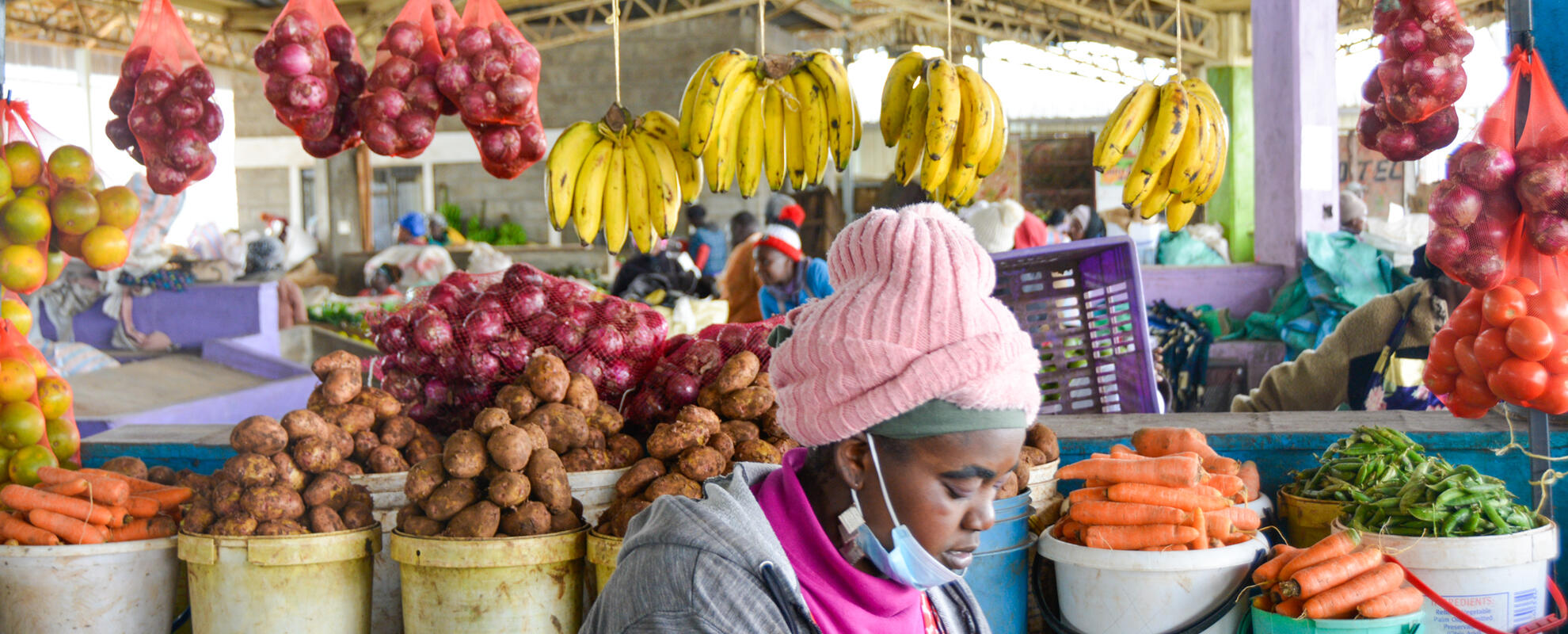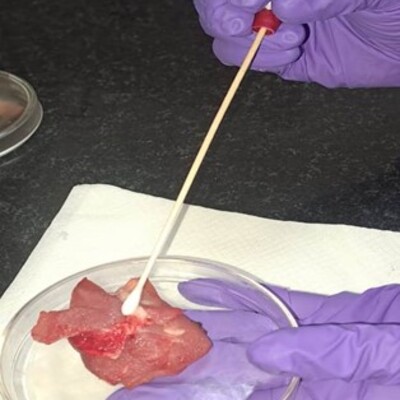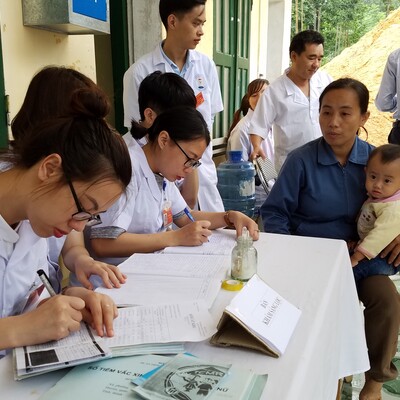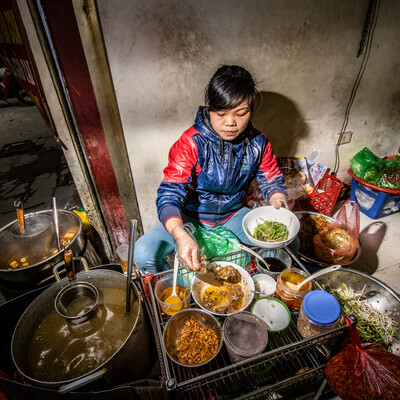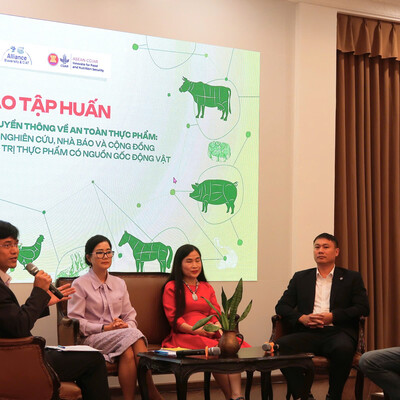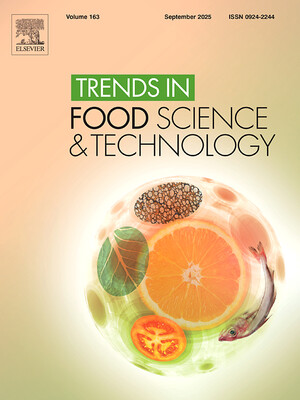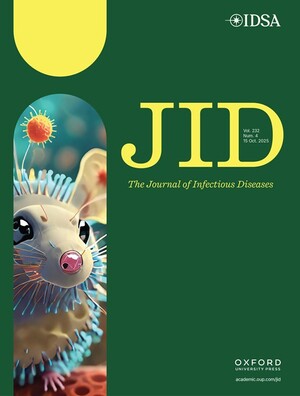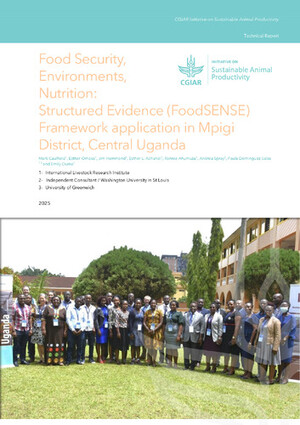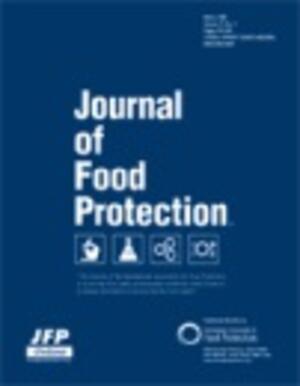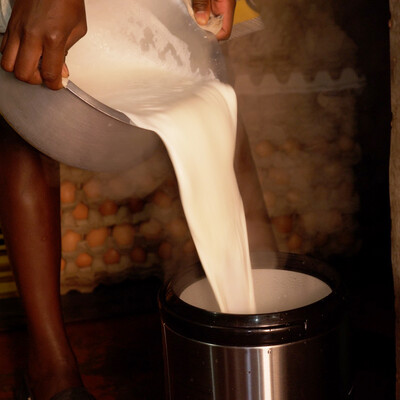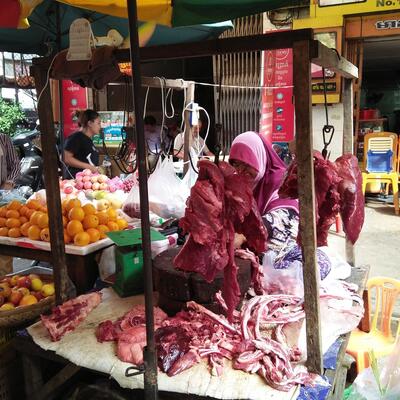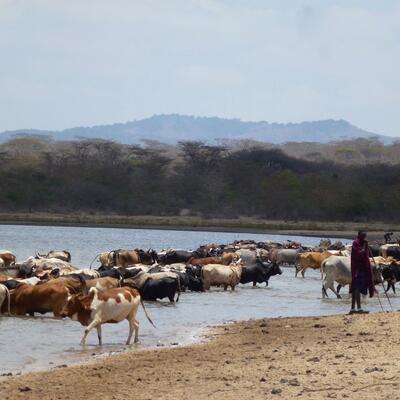
World Food Safety Day on 7 June 2024
Dear Colleagues,
As we join the celebrations for World Food Safety Day on 7 June 2024, my memory takes me back to some of my favorite foods growing up including meat (and bushmeat) and fish-based dishes. These were available and affordable for all segments of society, and real treats for those who know Cameroon.
I enjoyed watching them being made by men and women, young and old, and from everywhere in the country by the roadside day and night. It never occurred to me to think how the meats were kept or where it had travelled from. On reflection today, I am certain some stomach upsets that I may have experienced most likely came from some versions of these foods. That said, informal markets are the lifeblood of thriving communities in Cameroon and worldwide. With some support and real incentives these small businesses can thrive by providing nutritious and safe food to people.
Food safety continues to be a detriment to the health of people. It is unacceptable that some 90 million Africans become sick from foodborne illness every year, costing an estimated USD 16 billion in productivity losses. In comparison, the international community invests just USD 55 million per year in food safety projects on the continent.
ILRI has been at the forefront of food safety research in the Global South for several decades now and produced some of the seminal work on food safety and informal markets. Last year we commissioned a report, New directions for tackling food safety risks in the informal sector of developing countries, by Spencer Henson, Steven Jaffee and Shuo Wang, which gives us a snapshot on where we are in our progress towards safer food systems, and proposes promising next steps in this journey.
In addition, we continue to develop improved risk-based approaches to food safety. We recognize that more than 80 per cent of all food in Africa comes from informal markets and small-scale producers. Rather than banning these practices, we are carrying out improved risk-based approaches to food safety.
ILRI uses the three-legged stool approach: (1) training and technologies (2) the enabling environment; and (3) motivation and incentives, which are essential but very context-specific. This year some highlights include:
- Through the CGIAR Initiatives on One Health and Resilient Cities, we continue to conduct research to understand the burden that unsafe food poses to health, society and countries’ economies. With our partners, we collaborate in studies in Ethiopia, Uganda and Vietnam, to name a few, to provide governments with the evidence required to make informed decisions in their fight against foodborne disease.
- We are supporting governments to raise the profile of food safety, so that resources can be made available by countries to invest in food safety management systems. This includes the creation of multi-stakeholder platforms for food safety matters such as the Food safety taskforce in Vietnam and the One Health Food Safety Technical Working Group in Ethiopia, amongst other.
- And we continue to design and test innovative approaches to supporting informal markets, which feed the majority of Africans, to sell safer foods.
- And because informal markets are so important to food security, healthy diets and to livelihoods, we are joining forces with the African Union, as part of their recently launched Food Safety Strategy for Africa, to develop guidance for governments on their journey to upscale food safety in informal markets.
Our African food systems are based on farm to table foods like I remember when I was growing up. We need to celebrate them and promote them, not ban them. But we also need to make sure that they are able to sell safe and affordable foods.
We can only do this by working together—as my colleagues constantly remind me:
‘Food safety is everyone’s business.'





